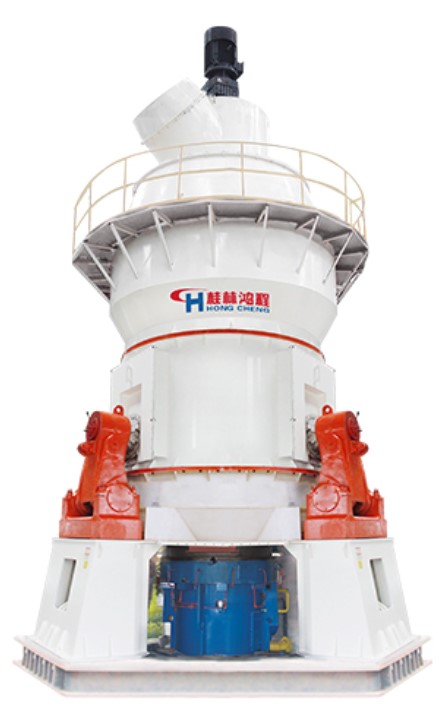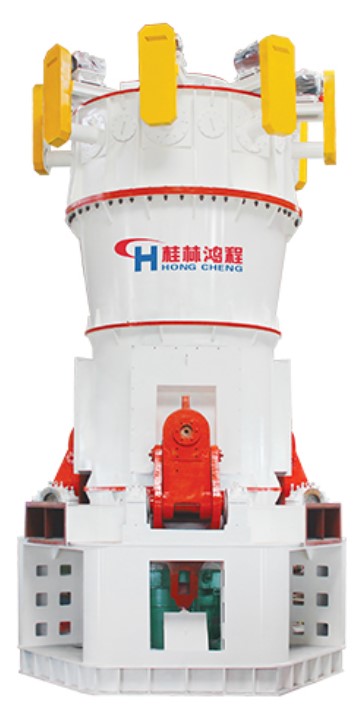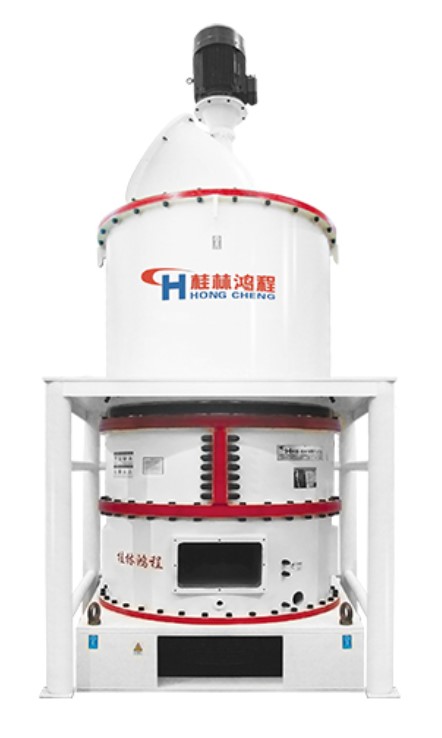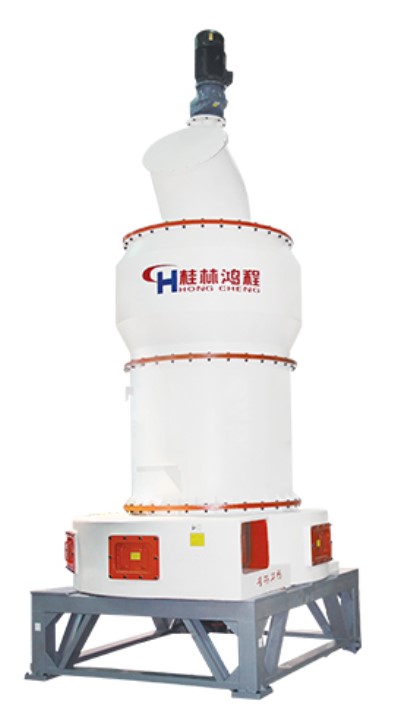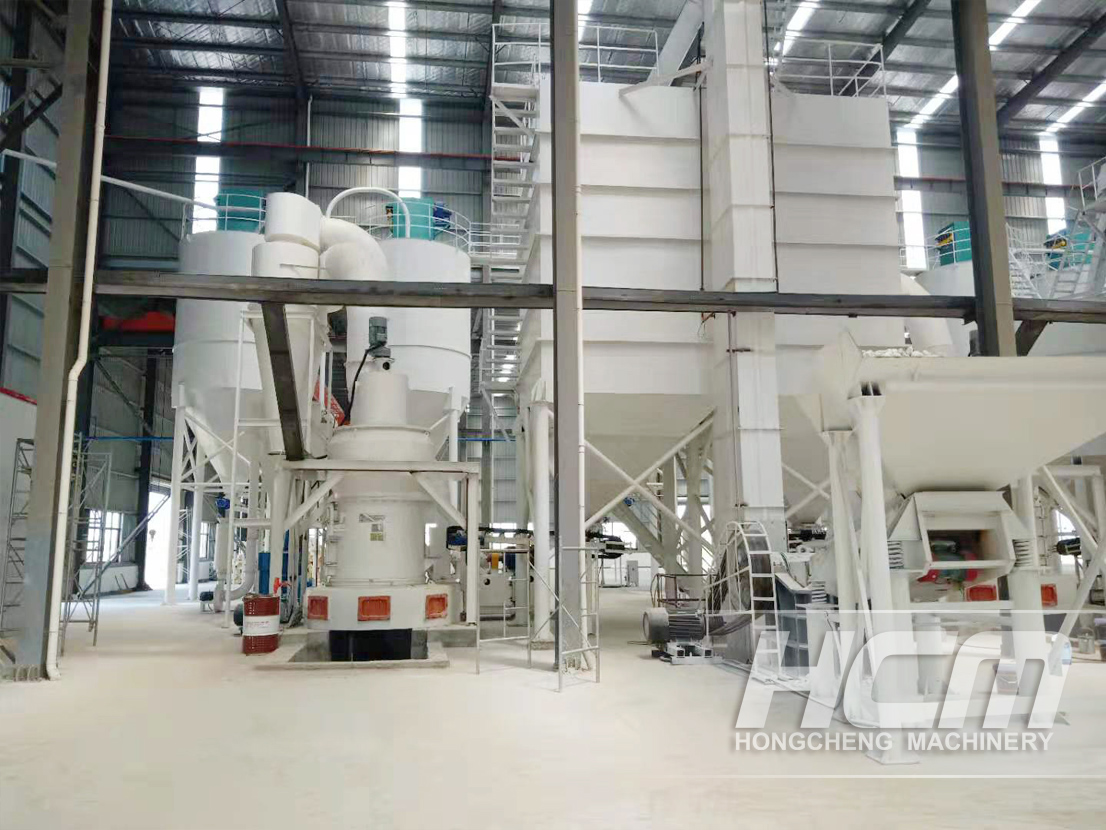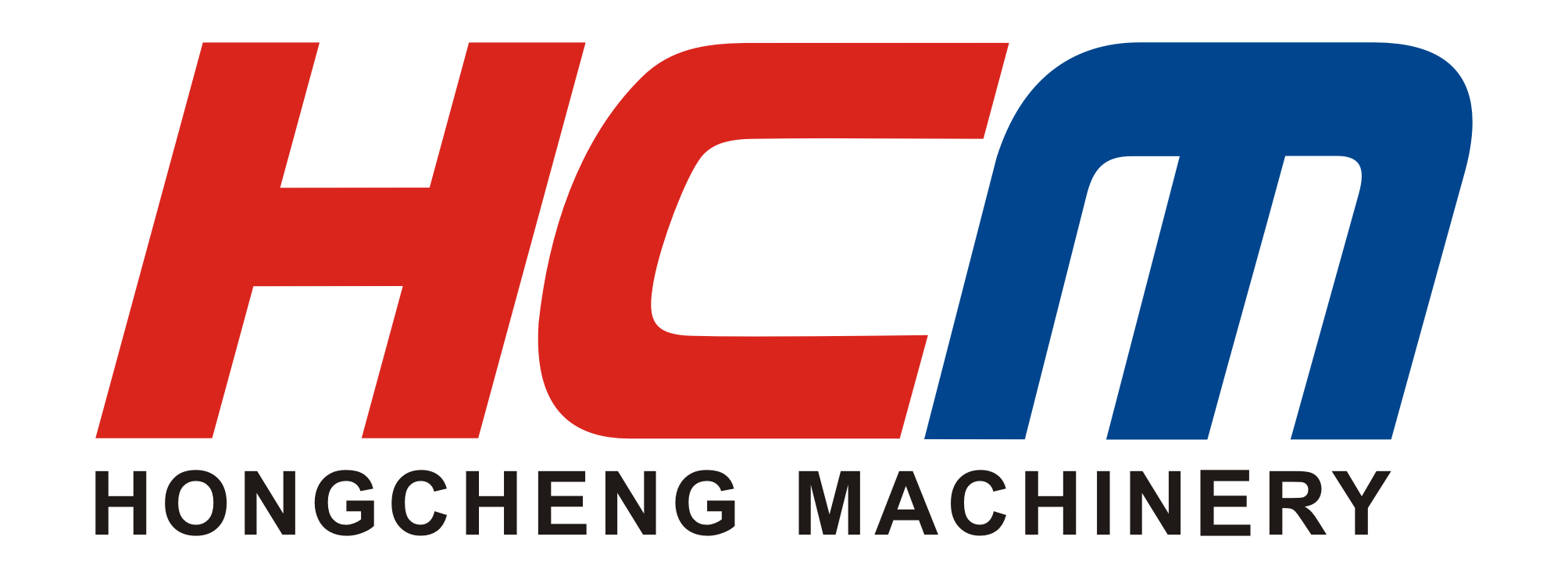
- all
- product
- blog
- all
- product
- blog
dolomite
- 2021-03-26 14:01
- HCM
What is dolomite
Dolomite is a carbonate mineral, including iron dolomite and manganese dolomite. Its crystal structure is like calcite, often rhombohedral. Bubbles will slowly appear when exposed to cold dilute hydrochloric acid. Some dolomites emit orange-red light under cathode ray irradiation. Dolomite is the main mineral component of dolomite and dolomitic limestone. Dolomite crystals belong to the carbonate minerals of the trigonal crystal system. The pure ones are white; gray when containing iron; brown after weathering, with glassy luster, and are the main minerals that make up the dolomite.
Uses of dolomite
Dolomite can be used in building materials, ceramics, glass and refractory materials, chemical industry, agriculture, environmental protection, energy saving and other fields. It is mainly used as a flux for alkaline refractory materials and blast furnace ironmaking; production of calcium magnesium phosphate fertilizer and preparation of magnesium sulfate; and ingredients for the production of glass and ceramics. In other applications, it can be used as a flux in the glaze.
Some ancient kilns in the north, such as Ding kiln, often add dolomite to the glaze, and dolomite is also added to some glazes in Jingdezhen.

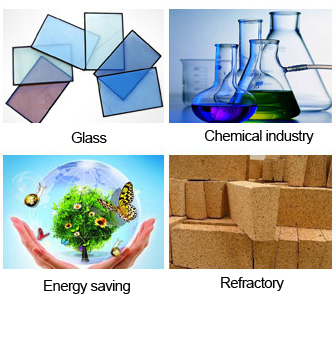
Dolomite pulverizing process
Dolomite raw material composition analysis
| CaO | MgO | CO2 |
| 30.4% | 31.89% | 47.7% |
Remarks: It often contains impurities such as silicon, aluminum, iron, and titanium.
Dolomite grinding mill selection scheme
| Product specifications (mesh) |
Fine powder processing (80 mesh-400 mesh) |
Deep processing of superfine powder (400 mesh-1250 mesh) |
Micro powder processing (1250 mesh-3250 mesh) |
| Selection scheme | Raymond mill | HCH ultra fine grinding mil |
|
| Vertical grinding mill | HLMX superfine vertical grinding mill | ||
Remarks: Select the host according to the output and fineness requirements.
1. Crush raw materials
The bulk material of dolomite is crushed by the crusher to the fineness (15mm-50mm) that can enter the mill.
2. Milling
The crushed small dolomite materials are sent to the storage hopper by the elevator, and then sent to the grinding chamber of the mill evenly and quantitatively by the feeder for grinding.
3. Classification
The ground material is classified by the classification system, and the unqualified powder is classified by the classifier and returned to the main engine for re-grinding.
4. Collect finished products
The powder that meets the fineness is separated and collected in the dust collector through the pipeline through the airflow. The collected product powder is sent to the finished product silo through the discharge port by the conveying device, and then is packaged by a powder tanker or an automatic baler.
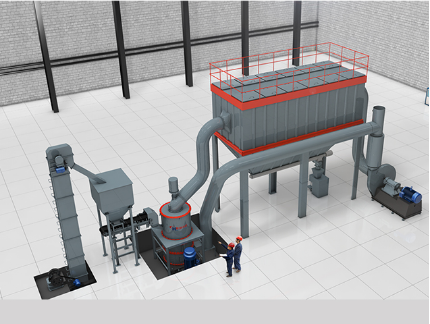
Analysis of various mills
| HLM series vertical mill | ||
|
Large-scale equipment and high output can meet large-scale production. Vertical mill has high stability. Disadvantages: high equipment investment costs. |
It can produce 1250 mesh ultra-fine powder at one time, and the supporting multi-level classification system can produce the smallest 3μm powder. The equipment has high efficiency and high degree of spheroidization of the powder, making it an ideal equipment for producing high-quality micropowders. Disadvantages: The equipment investment cost is higher than that of the ring roller mill. |
| HCH Ring Roll Superfine Mill | ||
|
The equipment has low investment cost and low energy consumption. It is a cost-effective ultrafine powder processing equipment; disadvantages: low output of a single machine, multiple equipment is required for planned production. |
HC series pendulum mill Low investment cost, high output, low energy consumption, stable equipment, low noise; disadvantages: single machine output is degraded, and equipment large-scale is limited. |
Classic case of dolomite milling
Processing material: Dolomite
Fineness: 325 mesh D97
Output: 8-10t/h
Equipment configuration: 1 HC1300
The whole set of Hongcheng equipment has a compact process and a small footprint, which saves plant costs. The entire system is fully automated, and a remote monitoring system can be added. Workers only need to operate in the central control room, which is simple to operate and save labor costs. The performance of the mill is also stable, and the output has reached expectations. All the design, installation guidance, and commissioning of the entire project are free of charge. Since the use of the Hongcheng mill, our output and efficiency have improved, and we are very satisfied.
About us
HCM Grinding Mill,Raymond Grinding Mill, Vertical Grinding Mill, Ultrafine Grinding Mill.
Grinding Machine
latest Post
-
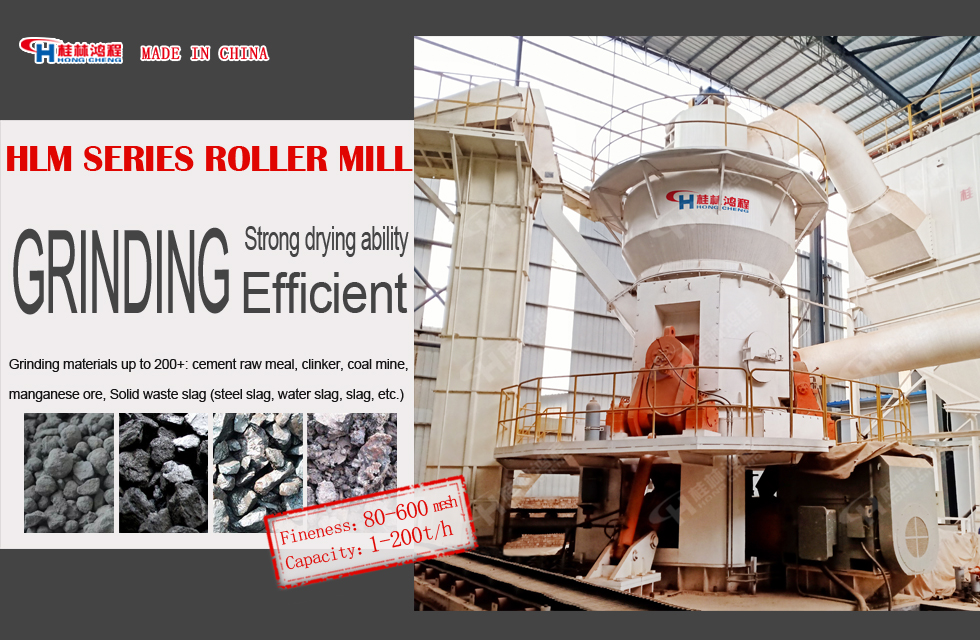
Application prospect of vertical pulverizer for solid waste treatment under the green development
2023-02-04 17:26
-
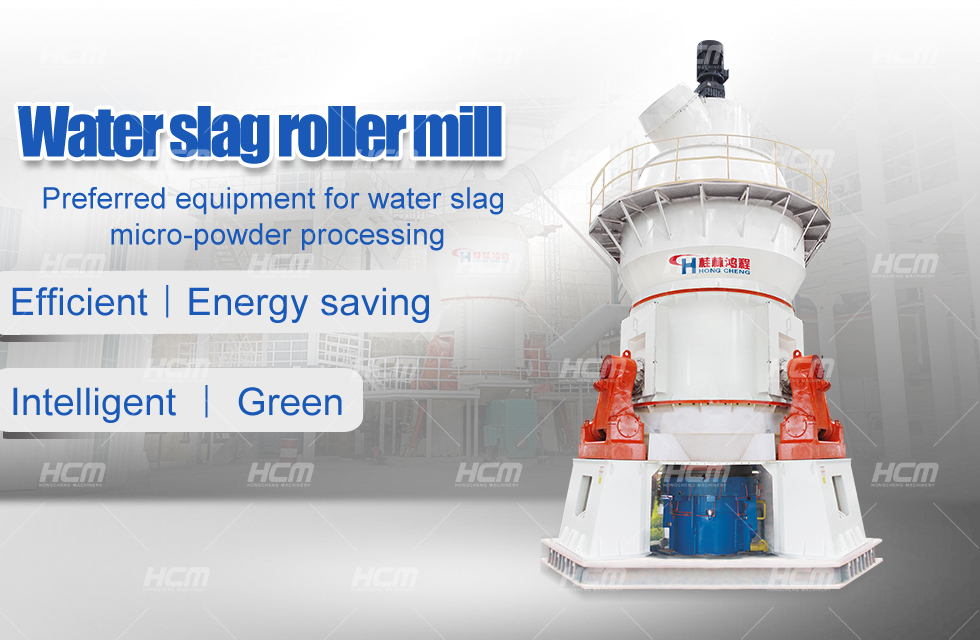
Superfine water slag powder instead of cement to make high value-added building materials
2023-02-04 16:48
-
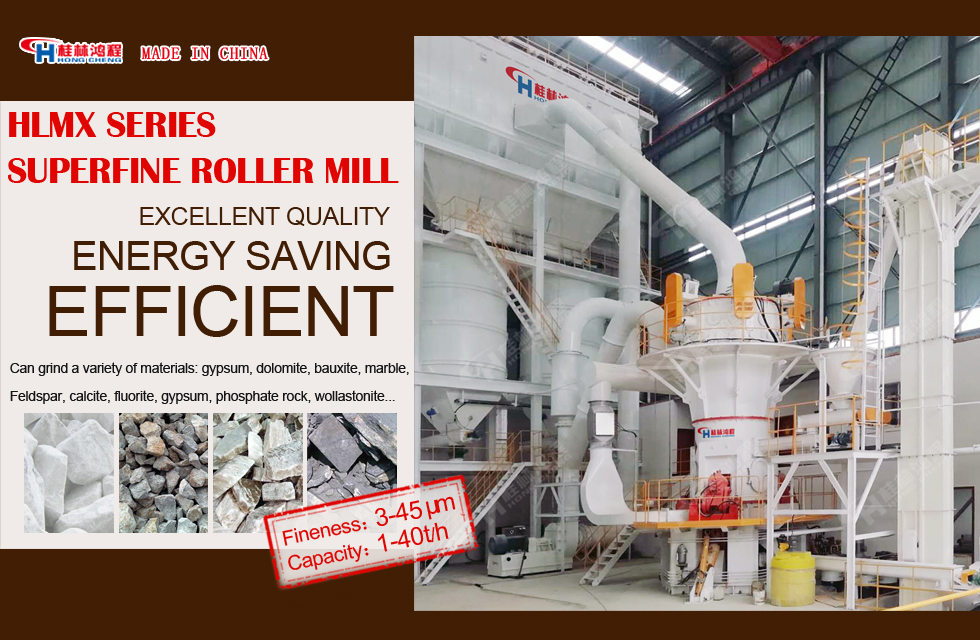
The white paper on the development of China's anode material industry (2023) has been released
2023-02-03 17:13
-
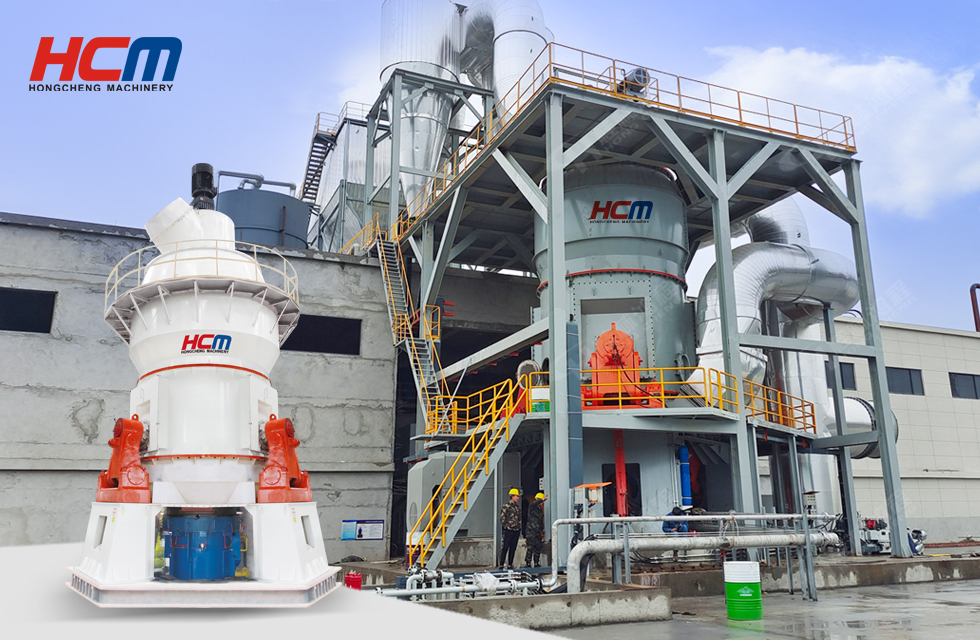
Guilin Hongcheng works with you to protect the green future
2022-05-13 15:43
-
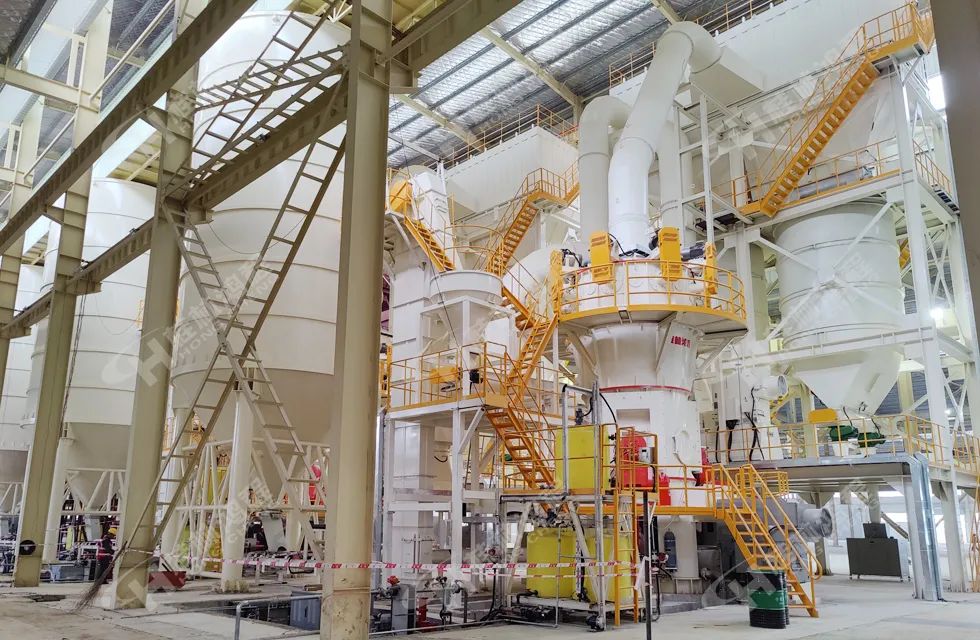
HLMX1700 Superfine Roller mill case-High-end calcium carbonate powder project with an annual output
2022-04-01 13:52
-
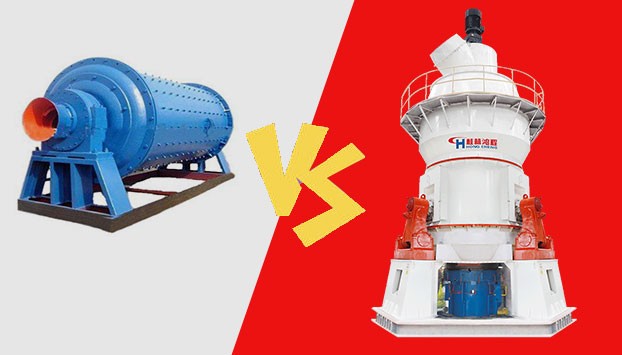
Comparison of advantages and disadvantages of ball mill and vertical mill
2022-01-20 15:33
-
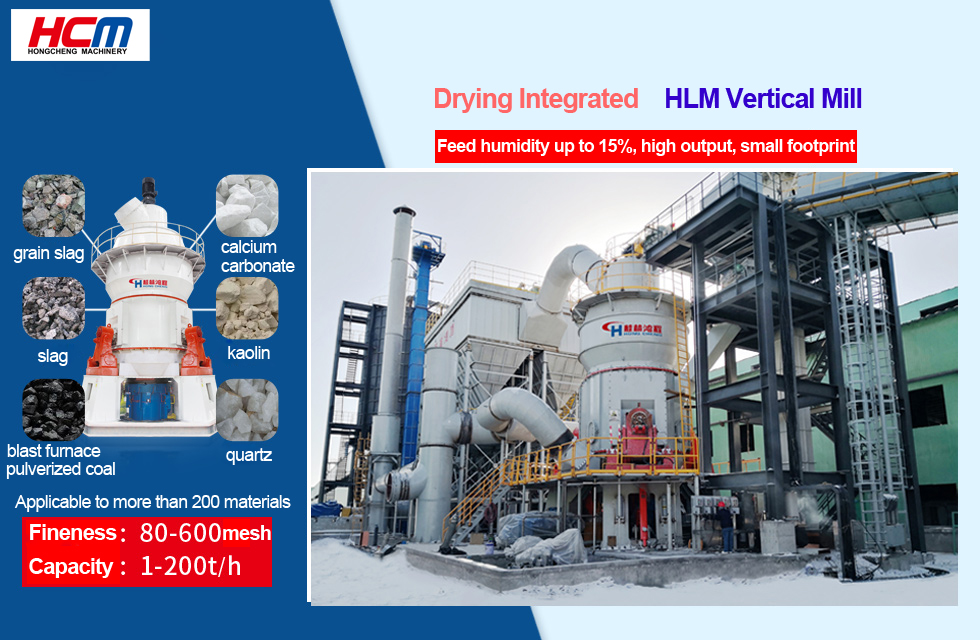
The optimal reuse of construction waste resources has become a hot project
2022-01-20 13:47
-
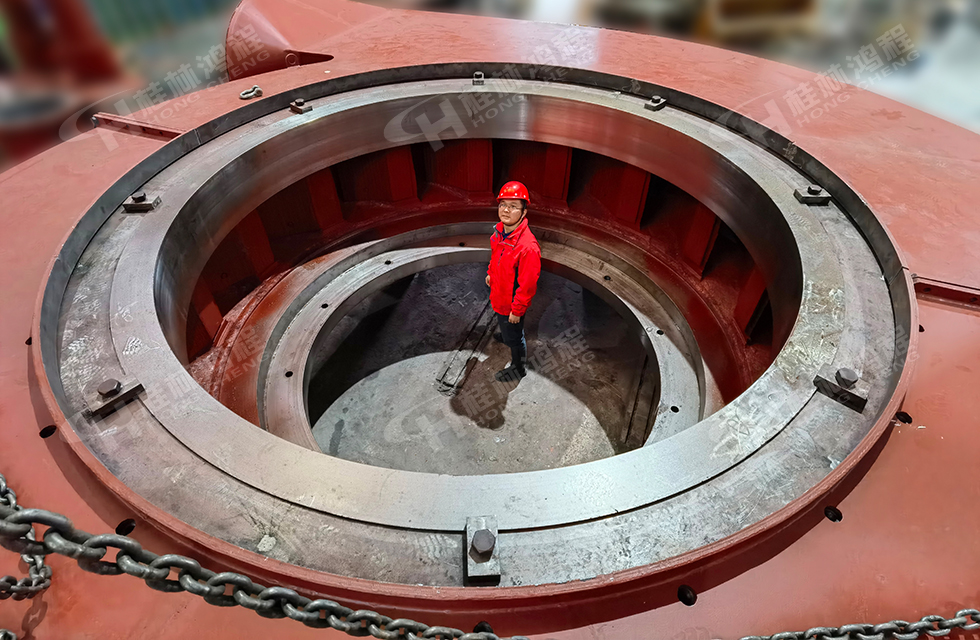
Super large Raymond mill
2021-12-23 14:27
-
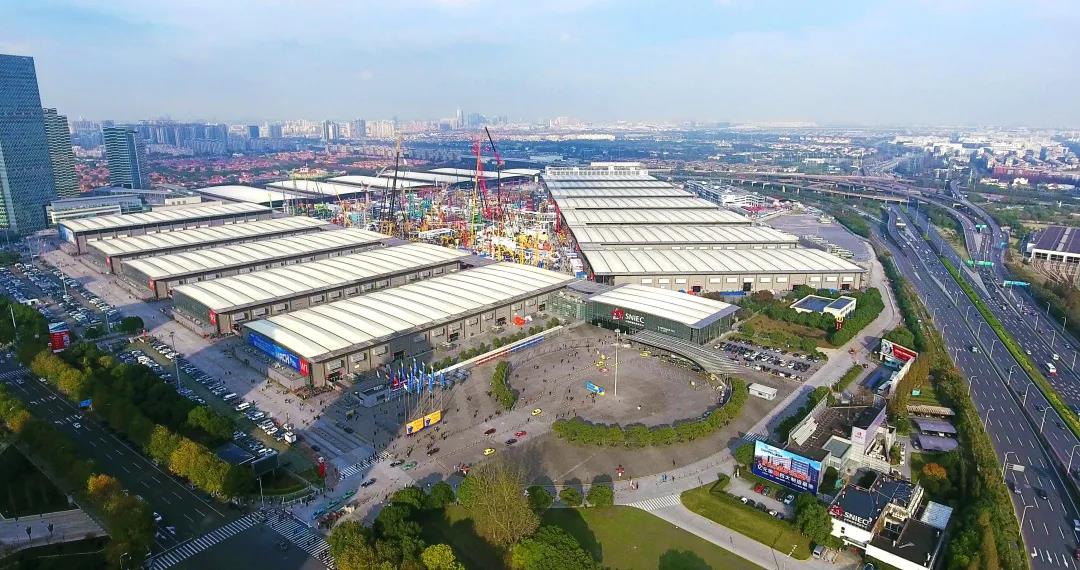
Guilin Hongcheng invites you to follow Bauma China 2020
2020-11-02 16:09
-
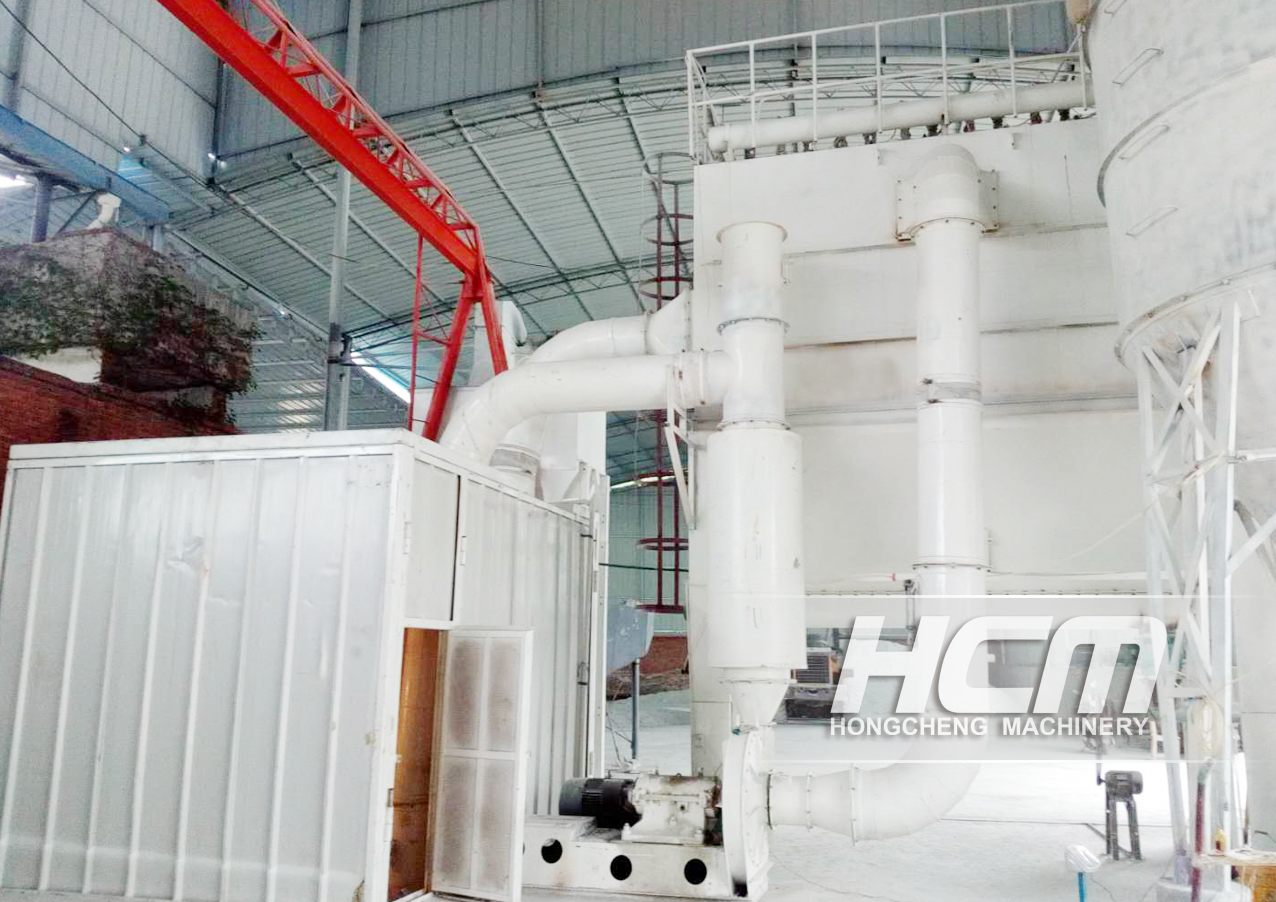
Let’s to learn about the grinding mill manufacturer - Guilin Hongcheng
2020-09-07 15:07

